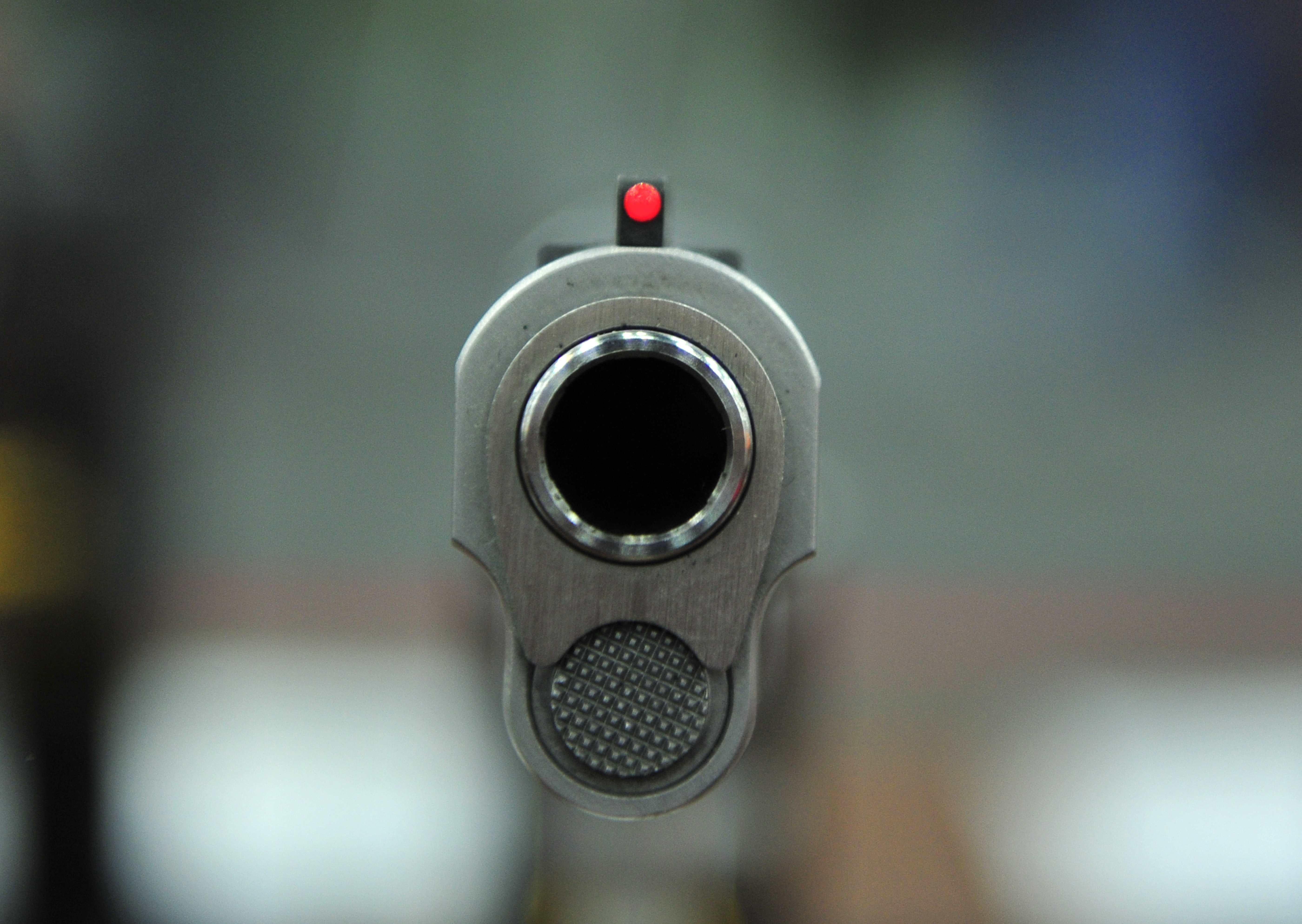Last weekend, a North Carolina doctor named Ty L. Bullard published an alarming op-ed in the Charlotte Observer about his recent experience in a state-mandated concealed carry handgun (CCH) class. To get a CCH permit in North Carolina, you have to complete one of these classes, which are supposed to teach students about gun safety, shooting technique, and their legal rights and responsibilities. But, as Bullard tells it, his class was dominated by random questions from the students—“What if my ex-husband tries to come to the house?”—and reckless advice from the instructor—“If he doesn’t have a right to be there, then you do what you gotta do. … Remember, they don’t have to be breaking in for you to shoot.”
“Perhaps most shocking,” writes Bullard, “was the advice we received from a practicing law enforcement officer regarding the storage of firearms: under the bed, preferably loaded.” This is very, very bad advice, especially if you have children in the house. (It also directly contradicts North Carolina’s child access prevention laws.) And it raises a broader question. Though concealed carry is now legal in all 50 states, many still require aspiring concealed-carriers to take a basic training class before they are issued a permit. But if all CCH classes are like the one Bullard describes, then what’s the point? Was Bullard’s experience typical?
“My kids asked me about that article,” David Harrington, Jr., a North Carolina firearms instructor, told me yesterday. “And I said, ‘Hey, that wasn’t my class.’ ” I called Harrington to get a sense of how these classes are supposed to run, and to try and figure out why Bullard’s class was so bad. (Bullard did not identify his instructor by name in his Charlotte Observer op-ed, so I wasn’t able to contact him or her to ask about how that specific class was run.)
A longtime police officer in Matthews, N.C., Harrington teaches the same sort of CCH classes that Bullard wrote about in the Observer. He was chagrined to read about the tenor of the discussion in Bullard’s class. Leaving a loaded gun under your bed “is the most foolish thing you can ever do, in my opinion—other than having it under your pillow,” he told me.
In North Carolina, CCH classes last at least eight hours, plus extra time spent on the shooting range. Much of the class time is spent on laws and liability issues. The state provides instructors with a standard lesson plan, but they’re allowed to stray from the manual as long as they register their course materials with the state. There is also ample time for questions.
“I’ll be honest: The people ask some crazy questions in class,” Harrington said. “And I don’t think it’s so much that they’re the ‘shoot first’ type as that they’re thinking about the oddest scenarios they can come up with.” He noted that the best instructors use those questions as teaching moments, rather than to validate students’ paranoia. “When I teach my courses, I teach that your gun is your last line of defense, not your first line of defense,” Harrington told me. “We talk a lot about safety in general—being safe outside of the home, being aware of your surroundings.”
Harrington has strong words for those instructors who shirk their duties and promote reckless behavior. “That’s what gives programs like these a bad name; you’re just handing out certificates for money,” he said. “I probably have more people fail my class than any other instructor in my area. I tell them, ‘If you’re not safe, I will not pass you.’ ”
Harrington sounds like a great instructor. Bullard’s guy sounds like a very, very bad one. And that’s the problem: There shouldn’t be this much variance in quality. Though CCH instructors in North Carolina must be accredited and meet a few other requirements, the state does not actively monitor those classes to make sure they’re being run competently. That’s a mistake.
CCH classes are surprisingly controversial—the editor of Guns & Ammo was recently forced to resign after running a column suggesting that they weren’t inherently tyrannical. I think these objections are ludicrous. But if states are going to bother with these classes in the first place, they need to put more effort into quality control. A “secret shopper”-type program might be one way to separate the good instructors from the bad ones. Harrington also suggests that students who have bad experiences in CCH classes should contact the state and report the instructor. And he has a very specific message for Ty Bullard and his wife: “If they want to come back and take my class, it’ll be on me,” he promises. “I want them to have the right instruction.”
